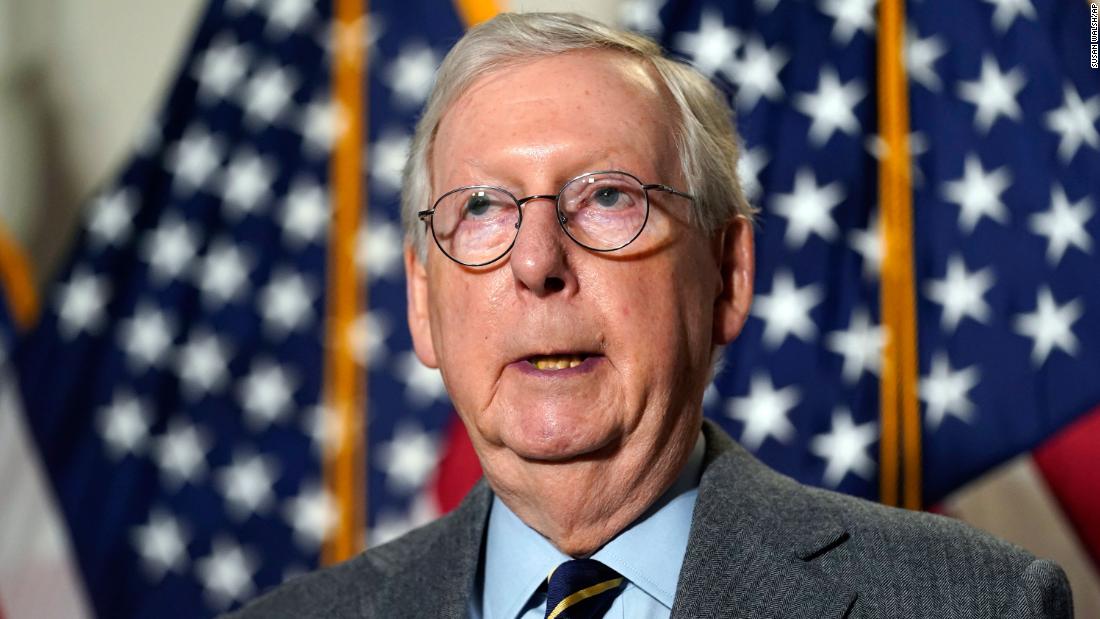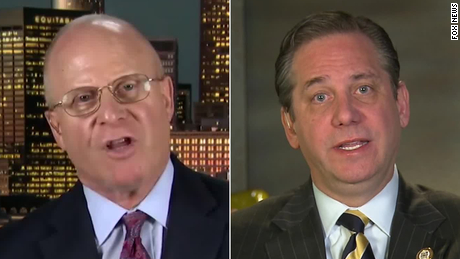Opinion: What will Mitch McConnell do?
As Daniel Goldman, the former lead counsel for House Democrats in the first Trump impeachment trial, told me this week on The Axe Files podcast, “It is a misnomer to call it a trial. It bears so little resemblance to what actually happens in a courtroom.”
What has been so remarkable throughout this impeachment is not the many Republican politicians who have done the expected. It’s the few who have not.
It took courage for the 10 House Republicans to impeach Trump for inciting an insurrection — and none more than Rep. Liz Cheney, who put her House leadership position and political future in doubt by rebuking a former president who remains popular in her state and her party.
It seems likely that a handful of Senate Republicans will show similar courage, although that number is expected to be far fewer than what is needed to convict Trump.
The last, intriguing question that is bouncing around the marbled walls of the Capitol is, “What will Mitch do?”
Throughout his long career, Republican Senate Leader Mitch McConnell has earned a reputation as a cunning and relentless partisan warrior. Power — whether it’s wielding it or maintaining it — has been the Kentuckian’s almost singular focus.
His audacious, year-long legislative blockade in 2016, which deprived former President Barack Obama of his Constitutional right to fill a critical Supreme Court vacancy, made him a hero to the right and a hated figure among many Democrats. For four years, he carried Trump’s water, despite their obvious differences.
Now in the twilight of his career, McConnell, 78, is faced with a fateful decision.
The laconic leader, who chooses his words with surgical precision, has made it clear that he holds Trump at least partly responsible for the deadly insurrection at the Capitol on January 6th.
“The mob was fed lies,” he told the Senate on January 19. “They were provoked by the president and other powerful people, and they tried to use fear and violence to stop a specific proceeding of the first branch of the federal government, which they did not like.”
Beyond principle, McConnell knows that his party’s path back to a majority lies in retaining and gaining seats in swing states, not ruby red enclaves where Trump remains popular. McConnell knows that giving Trump a pass will be a burden for Republicans in those decisive races.
It is a decision that mirrors the dilemma facing all Republicans — the vote to convict or acquit is a choice between their responsibilities to the Constitution and our democracy and the demands of a political base still in thrall to Trump.
McConnell’s track record suggests he will side with his caucus.
But perhaps the ultimate party man will decide that he must steer his party away from a destructive path. And maybe — just maybe — this man of the Senate, in the final stanzas of his career, will feel the tug of history and conscience and surprise us all.
![]()




